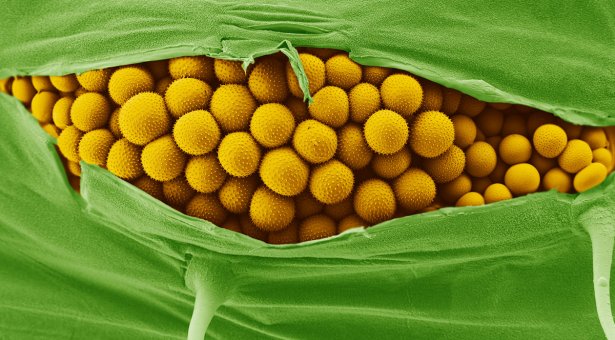Plant Health

We aim to understand the molecular dialogue between plants and microbes, establishing how they communicate with each other and how they have evolved in relation to one another.
Understanding and being able to influence these interactions is crucial to increasing future crop productivity.
The Plant Health ISP, funded by BBSRC addresses global challenges in sustainable agriculture and therefore aligns with national and international science priorities.
Meeting current food demands is a major international challenge. Projected population increases worldwide will place increasing pressures on agriculture to sustainably produce more food, with fewer inputs and on less land.
Crop yields can be severely limited by weather, pests, pathogens and poor availability of nutrients. In developed countries agrochemicals used to limit these threats play a major role in helping us achieve current levels of crop productivity. Despite the use of agrochemicals, crop losses are often significant, with losses totalling hundreds of millions of pounds each year in the UK alone.
The negative impact of fertilisers on the environment are well documented and include greenhouse gasses, ground water contamination, eutrophication and reduction in soil quality. Furthermore, pesticide residues persist in the environment and can impact negatively on wildlife and also human health. EU regulations have restricted the use of previously allowed fungicides. In developing countries the use of agrochemicals is often unaffordable, leading to greater vulnerability, often with devastating consequences.
Agriculture is facing severe challenges: to increase crop yields while applying fewer chemical inputs, driving more sustainable agricultural practices in, and providing low input solutions to increase food production in developing nations.
Our strategy is to reduce losses by finding genetic solutions to promote plant health. We will research mechanisms and pathways that allow plants to uptake more nutrients from their environment, for instance by forming associations with fungi and nitrogen-fixing bacteria.
We will develop strategies for translating this ability into crops. Our long term ambition is to engineer nitrogen-fixing wheat. For plant diseases and pests we will research mechanisms and pathways that allow plants to perceive and respond to these threats. We will transfer recognition receptors between species and develop strategies such as resistance gene cassettes to promote durable resistance.
